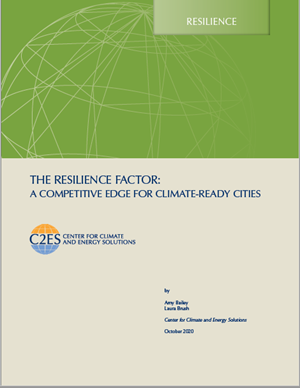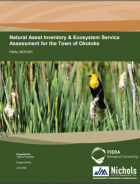The Resilience Factor: A Competitive Edge for Climate-Ready Cities
by Amy Bailey and Laura Brush
Increasingly, U.S. cities and regions are facing costly climate impacts that are having significant effects on local businesses and communities. This report explores how the economic competitiveness of U.S. cities will be impacted as climate impacts worsen – and how enhanced climate resilience could provide a competitive advantage.
Based on a comprehensive literature review, discussions with city representatives and private-sector experts, and analyses of local resilience and economic development plans, this report examines the links between local climate risks and economic competitiveness. It highlights emerging resilience practices, identifies cross-cutting challenges, and recommends government and private-sector actions to strengthen climate preparedness and competitiveness among U.S. cities. The report focuses on the links between climate resilience and local economic competitiveness in three particular areas: city finances, economic development, and livability.
Conclusions:
- By addressing climate risks and boosting their resilience, cities can position their local economies to thrive in a climate-changed world.
- Local climate vulnerabilities and risks are becoming more salient to businesses, investors, insurers, and residents, and by addressing these risks, cities can strengthen their finances, attract investors, and improve livability.
- Cities are already facing real, but largely unquantified, climate-related financial impacts.
- A lack of cross-departmental coordination as well as information on risks prevents city leaders from having a more complete understanding of climate risks and potential benefits of resilience actions.
- Enhancing climate resilience can help cities avoid future losses by minimizing direct and indirect damages and costs; at the same time, resilience can also open the door to new economic opportunities and gains.
- City and industry experts agree that growing climate impacts need to be considered in economic development planning.
- Prioritizing equitable climate action in marginalized communities can enhance livability and support a diverse population.
- Ensuring cities and communities can take action will require concerted efforts across sectors and governments to overcome structural challenges and improve institutions, policies, practices, and tools. C2ES outlines specific recommendations for both policymakers and the private sector.






